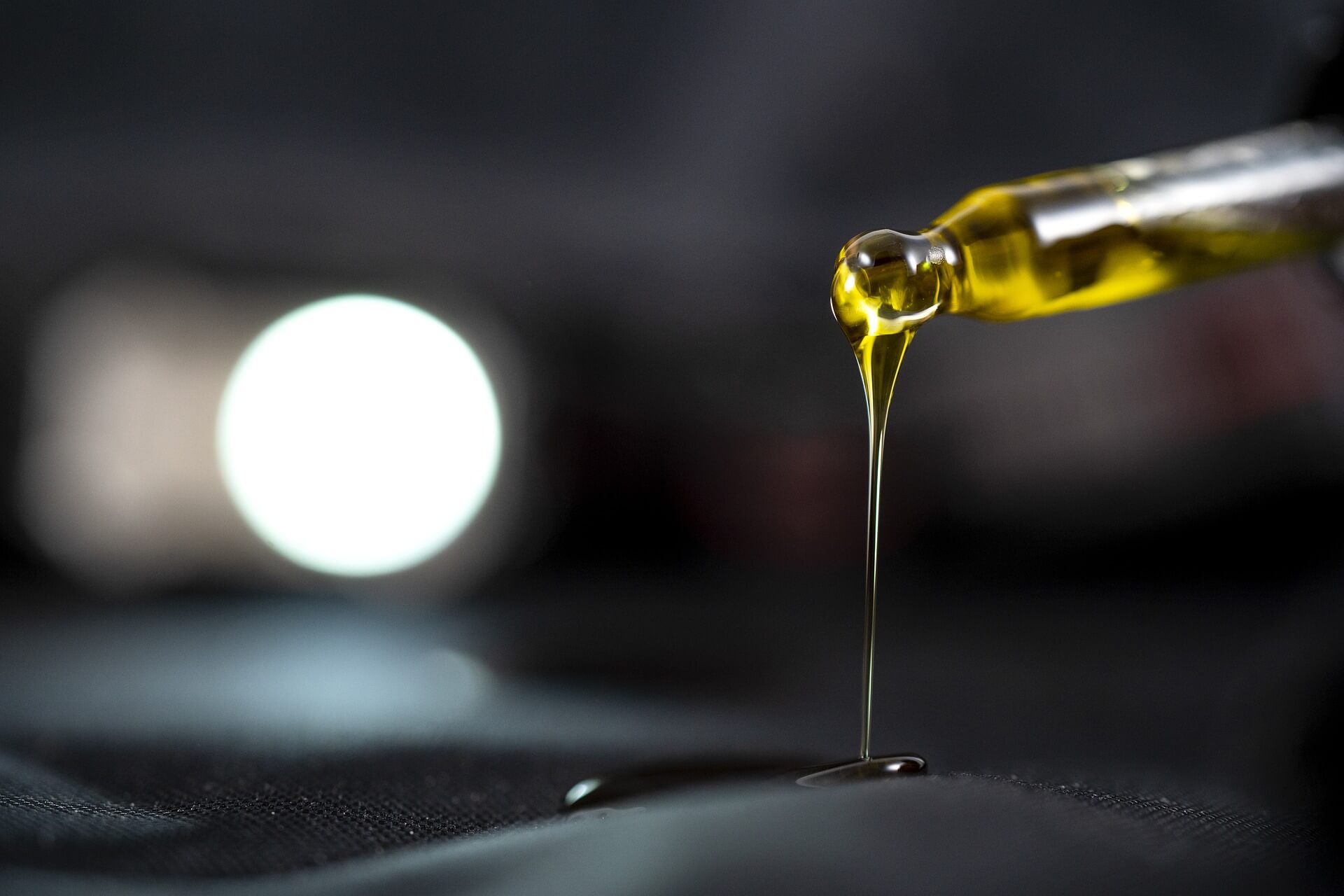Consumers are becoming more curious about their options as the legal use of hemp and other cannabis products increases. This includes cannabidiol (CBD) and tetrahydrocannabinol (THC), two naturally occurring chemicals found in cannabis plants.
This interest is anticipated to rise as more states legalise cannabis and marijuana products. A variety of products containing CBD, THC or both have come up, to alleviate conditions such as stress, anxiety and insomnia. To comprehend the adverse effects and potential benefits of these products, it is necessary to first understand the differences between CBD and THC.
CBD and THC have nearly identical molecular structures. They are made up of 30 hydrogen atoms, 21 carbon atoms and two oxygen atoms. However, because these atoms are organised differently, CBD and THC have different properties.
If you've never used cannabis before and wish to buy CBD oil in Australia, here's what you need to know.
What is CBD?
Cannabidiol or CBD is a non-psychoactive cannabinoid produced by marijuana plants.
CBD does not provide the high associated with marijuana because it lacks psychoactive characteristics. You won't get high if you take CBD oil made from hemp because it contains less than 0.3% THC.
CBD has a variety of medicinal benefits. When people talk about CBD, it's usually for health and wellbeing rather than for recreational purposes.
What is THC?
The main active element in marijuana plants is THC or delta-9-tetrahydrocannabinol. It's what causes the extremely relaxing and euphoric feelings that come with becoming high.
It also possesses sedative, analgesic and appetite-stimulating qualities. While THC isn't the only cannabinoid capable of causing intoxication, it is the only one that does so in sufficient quantities to provide a high. Therefore, THC has long been connected with recreational use.
Main differences between CBD and THC:
- Extraction:CBD can be extracted from both hemp and marijuana, whereas THC can only be extracted from marijuana plants.
- Intoxication:CBD is a non-intoxicant, so it won't make you feel high like THC does.And because of its psychoactive characteristics, THC can get you high.
- Benefits:CBD is most commonly associated with health, wellbeing and medical benefits.THC is commonly associated with recreational cannabis usage, although it also has numerous therapeutic benefits.
- Bond to brain receptors:CBD has over 65 molecular targets but it does not bind to brain cannabinoid receptors directly.THC binds to cannabinoid receptors CB1 and sends signals to the brain.According to different studies, CBD and THC can both be used to treat pain, insomnia, anxiety, inflammation, lack of appetite, seizures and tumour growth.
- Legal status:It is safe to state that the legality of cannabis is changing around the world; however, recreational cannabis (that has the potential to cause intoxication) is now prohibited in most countries. In the United States, recreational cannabis is banned under federal law. The same may be said for the United Kingdom, Australia and other countries. Canada was the first country in the G7 to legalise recreational marijuana.Medicinal cannabis, however, has been legalised in a number of countries. So, what's the distinction between the two? The difference between hemp and marijuana is the key. CBD extracted from hemp includes less than 0.03% THC and is legal in all of the nations listed above. Because of the low quantities of THC, it does not produce the "high" feeling. Marijuana-derived CBD oil can contain levels of THC and is thus prohibited in most parts of the world.
- Drug testing:CBD by itself will not show up on a drug test because these tests are only looking for psychoactive chemicals like THC. To be more specific, drug testing seeks THC-COOH, a metabolite of THC. Although some tests can provide positive results once the 20 ng threshold is passed, the detection threshold for this byproduct has been set at 50 ng/mL.But, if you use full-spectrum CBD oil, can you fail a drug test?No, as long as you're using a genuine product that's been tested for THC levels.Unfortunately, due to a lack of regulation and third-party testing, many CBD oils sold on the internet are contaminated with substantial THC amounts.Always look for a Certificate of Analysis that lists the product's potency, THC concentration and purity results if you want to avoid failing a drug test after using full-spectrum CBD oil.If you prefer a THC-free product, broad-spectrum CBD oils and isolates are a good option.







Follow us